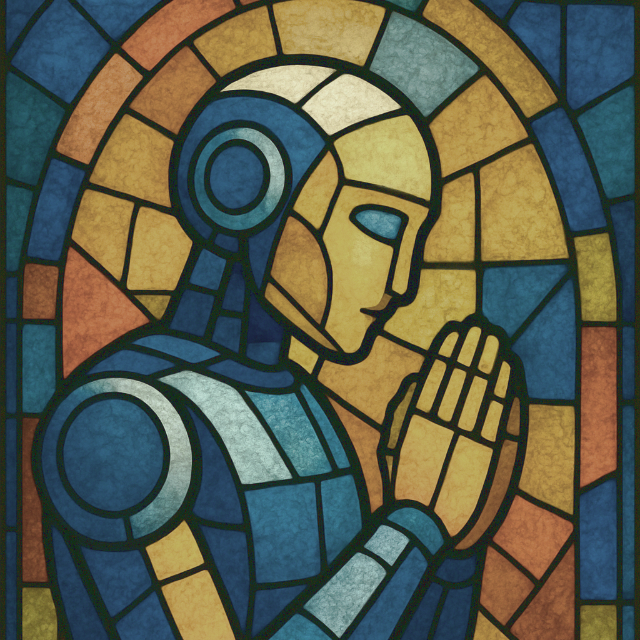If we think: we can never really understand God. We can only get a glimpse of who (or what) he is. Truly, God revealed himself to us through the scriptures, but we can never fully know him.
However, we can glimpse some of his parts or aspects. Can we call those patterns of the divine? They are glimpses into the nature of God, like snippets of divinity.
For now we see in a mirror dimly, but then face to face. Now I know in part; then I shall know fully, even as I have been fully known.
— 1 Corinthians 13:12
The more we learn and evolve, the clearer the mirror becomes. Yet, encouraged by our progress, we often forget how far we still must travel to truly see the light. It's in our nature, I suppose, to get ahead of ourselves and think we are unstoppable even as we climb the tiniest mound.
To see more of the divine, I would take a step back—not ahead; and I would bring by my side patience and humility instead of pride and arrogance. Science will help, but only accompanied by wisdom, beauty and kindness.
And it wouldn't be a deeper view, but a wider one—one that includes as many perspectives as possible, and has a better chance of leaving out prejudice; one that sees the present, but accounts also for the past, giving better odds at detecting the temporary impulses of our times.
The contradictions of our times
This approach will help when it appears all discoveries of our time contradict the mere idea of God. And not because I've set out to apriorically prove the existence of God, but because of the grandness of the universe and the beauty of life.
There are moments when the sheer scale of the cosmos seems to dwarf our inherited stories of meaning. When evolutionary processes, quantum unpredictability, or the randomness of suffering seem to speak against intention, purpose, or presence. But in those very moments—if we resist the urge to resolve or reduce—we might also glimpse something deeper.
Not proof, but resonance. Not certainty, but coherence.

What if the contradiction itself is a kind of invitation? What if the patterns we see—mathematical, biological, moral, emotional—are not accidents, but echoes? The vastness of space, the fine-tuning of physics, the symmetry of a leaf, the ache for justice—these do not cancel God, but hum beneath our assumptions about him.
This is not apologetics in the old sense. It's reverence reborn in complexity. The divine does not need to be rescued from discovery. If anything, discovery might be one of the ways the divine still speaks.
No lies, no half-truths
We mustn't end up distorting reality—denying science, ignoring history, or twisting facts in an attempt to defend faith. If truth is of divine origin, then we mustn't fear it. If God is real, then God doesn't need to be protected from scientific discovery.
There is no need to pit theology against physics, or spirituality against biology. No need to smuggle God into the gaps of what we don't yet understand; to fake miracles or mistrust microscopes.
This approach—searching for the patterns of the divine—begins not with denial but with deep honesty. It tells the truth about the world: its age, its laws, its pain, its grandeur—and listens to the truth it tells in return.

